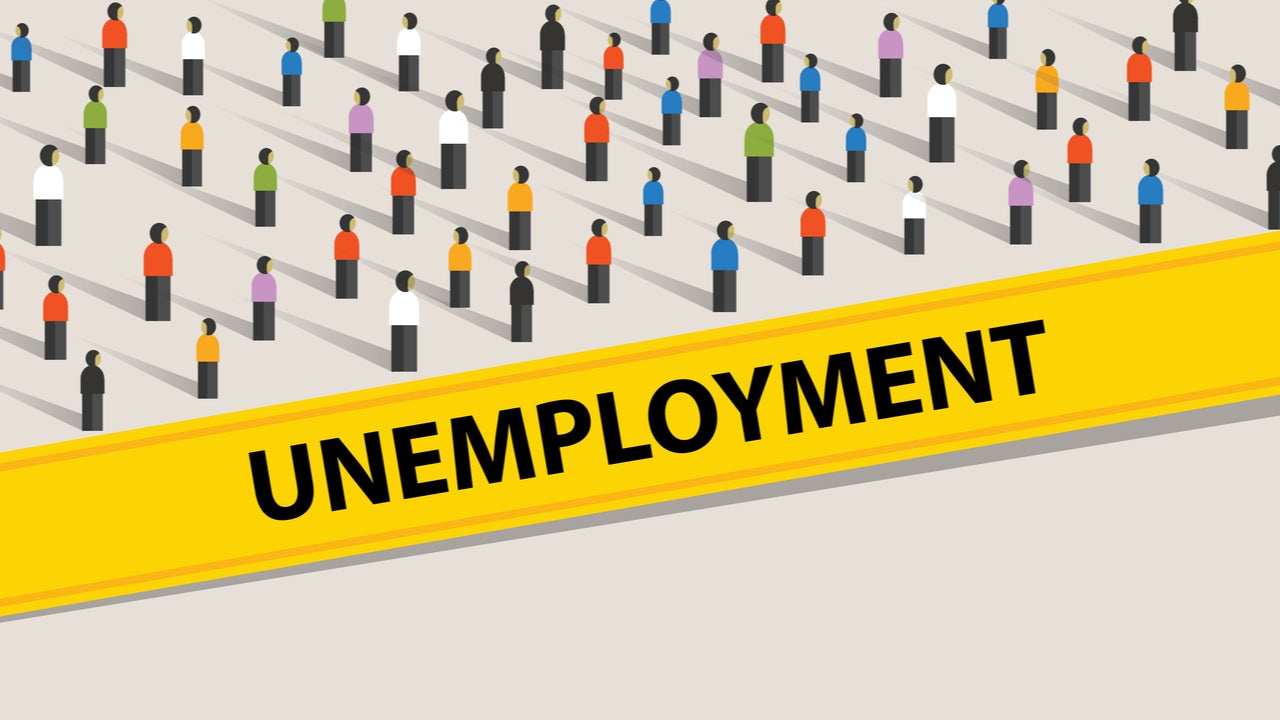Economists believe that unemployment benefits should have been continued amid the rising coronavirus cases.
Joseph E. Stiglitz
Joseph E. Stiglitz, Nobel laureate economist based at Columbia University, shared an article on how expiry of unemployment benefits for workers in the US will impact millions of people and effect the recovery of the economy. More than 9.3 million workers are estimated to have lost the unemployment benefits, while only 235,000 jobs were added in August.
The unemployment rate continues to increase as coronavirus infections caused by the Delta variant are rapidly rising. The unemployment rate among African Americans, for example, increased to 8.8% in August. The expiry of unemployment benefits will impact workers as many are reluctant to return to work for fear of contracting coronavirus, while those willing to return to work do not have access to adequate child care, the article highlighted.
Stiglitz noted in the article that a law should be passed to ensure that unemployment benefits should continue until the unemployment rate remains elevated. He noted that unemployment benefits are crucial to address the problems posed by the Delta variant and the delay in retuning to normalcy. The unemployment benefits cut will also impact economic recovery as the workers who lose the benefits will not be able to spend.
I talked with @democracynow about the ending unemployment benefits even as the pandemic continues. https://t.co/EqPCB4klgc
— Joseph E. Stiglitz (@JosephEStiglitz) September 20, 2021
 GlobalData Strategic Intelligence
GlobalData Strategic IntelligenceUS Tariffs are shifting - will you react or anticipate?
Don’t let policy changes catch you off guard. Stay proactive with real-time data and expert analysis.
By GlobalData
Ed Dolan
Ed Dolan, senior fellow at Niskanen Center, a non-partisan think tank, shared an article on how workers in the child care sector are leaving their jobs for higher paying jobs. More than 126,000 positions lay vacant in the child care sector as workers are choosing to shift to other jobs such as bank tellers and retail clerks. It is estimated that more than 10,000 workers have left the industry, according to data from the US Labour Department. The worker shortage in child care is impacting parents who are trying to return to work, which in turn is impacting the economy.
Day care centres are turning away children due to worker shortage, leaving parents particularly working mothers unable to return to work. It is estimated that roughly 1.6 million working mothers have been unable to join the workforce after leaving during the pandemic to take care of their children. Day care centres and after school programmes continue to remain closed as the coronavirus cases increase due to the Delta variant.
US President Joe Biden has also expressed his concern over how the existing child care system is inefficient due to the low pay for workers and high cost for parents. Child care relief worth $39bn was approved in March this year as part of the American Rescue Plan, but it is being considered as a short-term solution by economists who are calling for significant public investment in the sector. Raising the pay scale for workers in the sector should be top most priority, the article highlighted.
WaPo: "Without enough staff, day cares are turning away children, leaving parents — especially mothers — unable to return to work." What would happen if mothers caring for their children were considered to be doing "work"? If they were paid for it? https://t.co/yQmfnu93Iu
— Ed Dolan (@dolanecon) September 20, 2021
Dean Baker
Dean Baker, senior economist at the Center for Economic and Policy Research, shared an article on how direct public funding can help in reducing prescription drug prices and break the monopoly that pharmaceutical companies have over certain drugs through patents. Direct funding in the form of long-term contracts can help in making the research and clinical trial results fully public.
Public funding can also lower the price of the drugs being developed and prevent the manipulative ways in which pharmaceutical companies market their drugs including misleading claims on safety and effectiveness. It will also prevent pharmaceutical companies from withholding technology related to life saving drugs. During the pandemic, for example, several countries suffered a high death toll including South Africa, Brazil and India.
Several of the lifesaving drugs and vaccines could have been provided to these countries with cooperation from pharmaceutical companies. However, pharmaceutical companies often have non-disclosure agreements and intellectual property rights that prevent them from sharing their technology putting life saving drugs out of reach for many. The laws surrounding intellectual property rights need to be revisited as they are designed to enable a small group of people rich, while costing millions of lives, the article highlighted.
https://twitter.com/DeanBaker13/status/1439920736550875137




